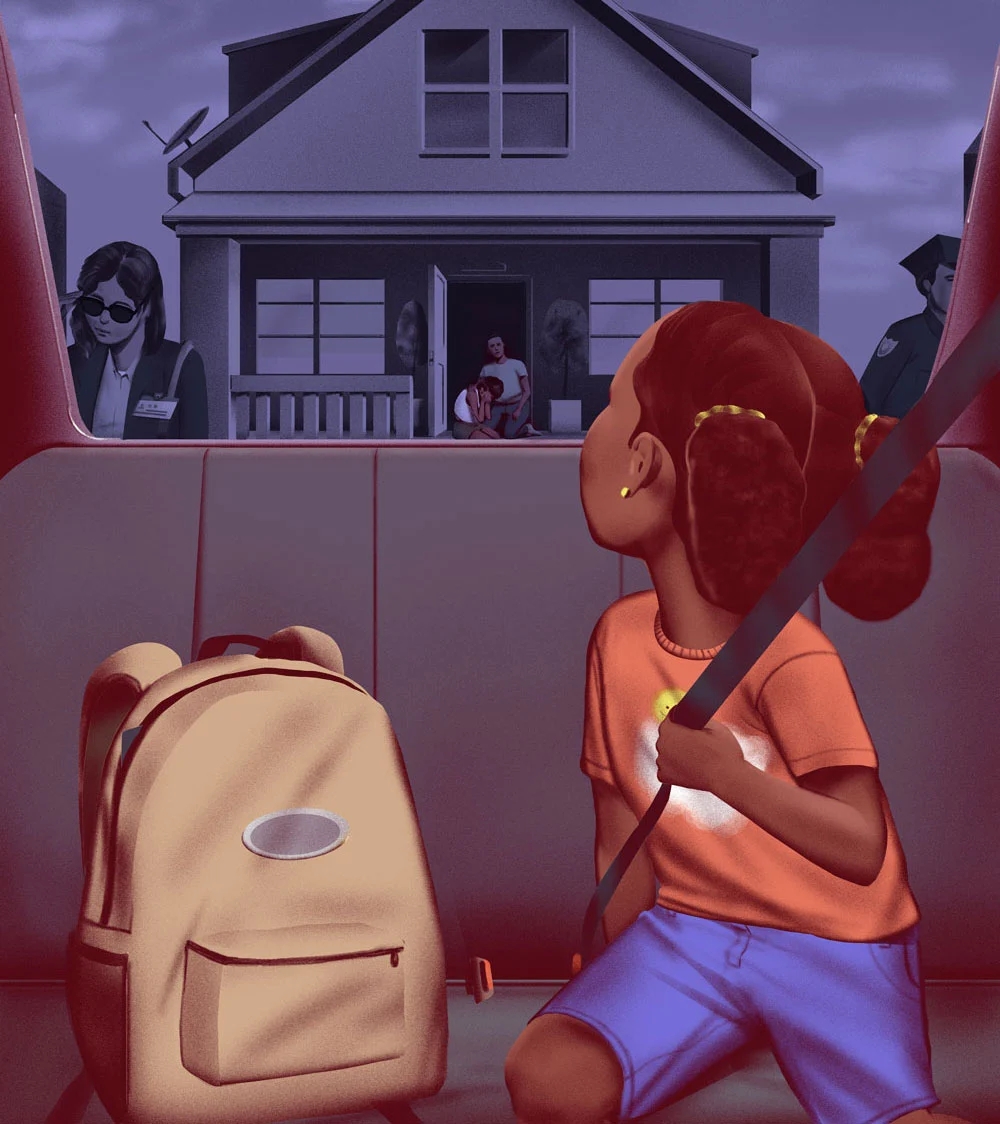The child welfare system, allegedly designed to protect children from harm and provide a safe environment for their growth, unfortunately, carries a heavy burden of racial bias and a legacy intertwined with the war on drugs. This problematic intersection has led to disproportionate impacts on people of color, particularly Black and Latinx communities, perpetuating cycles of trauma and perpetuating the very problems it aims to prevent. In this post, we will delve into how child welfare is entwined with racism and the war on drugs, its impacts on marginalized communities, and propose alternative approaches to create a more equitable and supportive system.
Racial Disparities and the War on Drugs
The war on drugs, initiated in the 1970s, has disproportionately targeted communities of color. This punitive approach to drug-related offenses has led to mass incarceration, broken families, and a cycle of poverty and violence. The consequences of these policies have interwoven with child welfare, as parents of color face higher rates of arrest and incarceration due to drug-related offenses.
Impact on People of Color
Child welfare interventions often have a glaring racial bias, with families of color being disproportionately subjected to invasive monitoring and removal of children from their homes. The statistics are alarming: Black children are more likely to be placed in foster care than their white counterparts, even when controlling for factors like income. This systemic bias creates a devastating cycle where families are caught in a web of punitive measures that can exacerbate their problems.
Trauma and Exacerbation
The separation of children from their parents, the cornerstone of child welfare interventions, can lead to profound and lasting trauma. Children who are removed from their homes often suffer from emotional, psychological, and developmental setbacks. Moreover, the traumatic impact of separation can exacerbate the very issues the system seeks to address, perpetuating a cycle of disadvantage.
Reimagining Child Welfare: Alternative Approaches
1. Community-Based Support Systems: Rather than relying on punitive interventions, we should invest in community-based support systems. Providing families with access to mental health services, substance abuse treatment, affordable housing, and job training can create an environment where they can thrive and provide a safe space for their children.
2. Culturally Competent Approaches: Child welfare agencies should prioritize hiring staff who are culturally competent and representative of the communities they serve. This can help mitigate biases and build trust between families and child welfare professionals.
3. Prevention Over Reaction: Shifting the focus towards prevention can be transformative. Offering parenting classes, family therapy, and early intervention programs can address issues before they escalate, reducing the need for more invasive interventions.
4. Restorative Justice: Utilizing restorative justice principles can help mend relationships within families and communities. Rather than resorting to punitive measures, this approach encourages accountability, healing, and growth.
5. Policy Overhaul: Reevaluating and reforming policies related to drug offenses and mass incarceration is crucial. Decriminalizing certain drug offenses and investing in rehabilitation can help keep families together and address the root causes of substance abuse.
The intertwining of racism, the war on drugs, and the child welfare system has perpetuated a cycle of trauma and disadvantage, disproportionately affecting people of color. To break this cycle, we must acknowledge the systemic biases embedded in our current approach and actively seek alternative solutions that prioritize support over punishment. By investing in community-based support systems, culturally competent approaches, prevention, restorative justice, and policy reform, we can work towards a child welfare system that truly serves the best interests of all children and families, regardless of their race or background.



Leave a comment